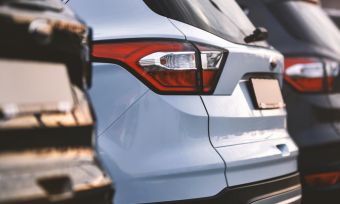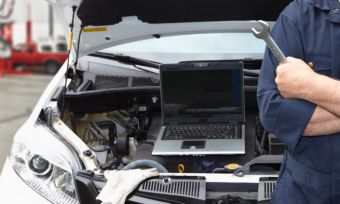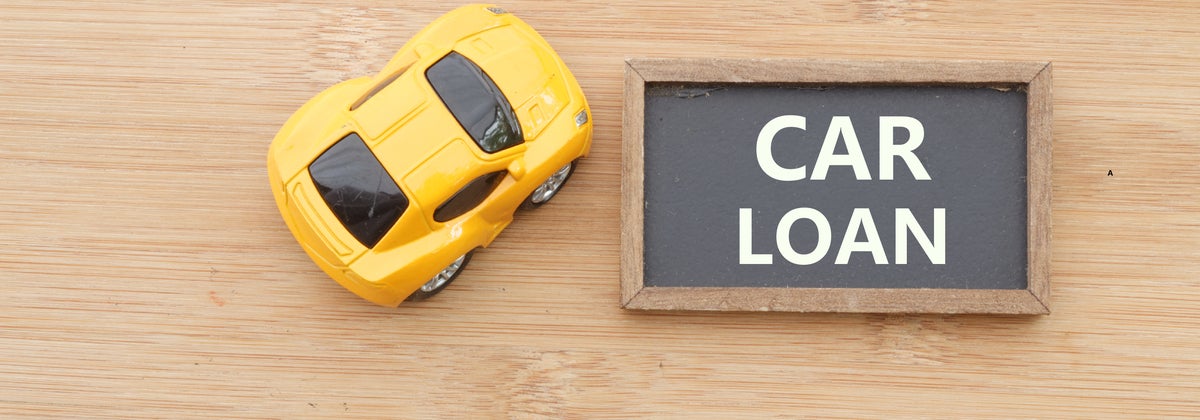Thinking of buying a used car? Then be aware that the Insurance Council of New Zealand (ICNZ) is warning car buyers to look out for water damaged cars. It says that over 500 cars were written-off due to water damage during the first three weeks of February 2023. And hundreds more vehicles would have suffered varying levels of water damage.
But just because a car has been written-off by an insurance company due to water damage doesn’t mean that it can’t be repaired and put back on the road. And, as the ICNZ highlights, there’s nothing stopping owners of uninsured cars on-selling their water affected vehicles. And spotting a car that has been water damaged can be tricky.
Even if the car doesn’t have any obvious signs of damage, it could still have been adversely affected by water and moisture. Corrosion in electrical and mechanical systems can take weeks to cause failures, and problems can affect many crucial vehicle systems, including those related to safety.
Water damaged cars: check for a right-off
If you think a car that you want to buy could be water damaged, the first step is to check Waka Kotahi’s online register of written-off vehicles, which you can find here. It’s a great tool to use when you’re buying a second-hand car of any description, as it’s a quick and easy way to determine if a car has a shady past.
But just because a car has been written off, doesn’t mean that it can’t be repaired and re-registered.
Before this can happen, a water-damaged write-off must repaired and then given the okay by a Waka Kotahi-approved certifier. Although the vehicle’s original record on the write-off register will remain.
Water damaged cars: what to look out for
However, while water-damaged cars written-off by insurance companies have to go through strict, Waka Kotahi-approved repairs before they can be reregistered and driven back on the roads, uninsured cars are different. There’s nothing stopping somebody with no insurance from drying off their flooded car, giving it a quick once over and flogging it to an unsuspecting punter. It really is a case of caveat emptor: buyer beware.
So what are some of the signs to look out for if you suspect a car could have been damaged by water or flooding in the past? The ICNZ suggests there are a few telltale signs:
- a musty smell inside the passenger compartment
- corrosion and/or oxidation on exposed metal components, such as under dashboard components/panels and seatbelt anchorages: aluminium oxidation will show up as a white powder residue; copper oxidation will show up as a green discolouration
- corrosion on seat base support springs
- excessive condensation on the inside of glazing and lighting lenses
- excessive debris, silt or water lines in the engine bay compartment, or in the crevices of engine components such as alternators
- irregular noises or faults in electrical systems, for example flickering lights, including dashboard lights, or having to jiggle the ignition key to start the vehicle
- mould or mildew on interior panels, fabrics and seatbelt webbing
- silt in the crevices of interior panels, such as speaker covers and air-conditioning air vents
- water line marks on door panels and other interior components
- wet or damp carpets
But even if the car you are interested in purchasing doesn’t display any of the above signs, if you have any doubts about the car’s roadworthiness, it’s advisable to get the car thoroughly checked out by a professional mechanic.
While a professional pre-purchase car inspection is no guarantee against purchasing a car with a soggy past, it’s the best way to ensure you’re not left drowning your sorrows after buying a water-damaged lemon.
→ Related article: Buying a Used Car: Why You Should Get a Pre-Purchase Car Inspection
Looking for a great car loan?
The table below displays some of the unsecured personal loan products available on Canstar’s database for a three-year loan of $10,000 in Auckland (some may have links to lenders’ websites). The products are sorted by Star Rating (highest to lowest) followed by company name (alphabetical). Use Canstar’s personal loan comparison selector to view a wider range of products on Canstar’s database. Canstar may earn a fee for referrals.
Compare car loans with Canstar
About the author of this page
This report was written by Canstar’s Editor, Bruce Pitchers. Bruce has three decades’ experience as a journalist working for major media companies in the UK and Australasia, including ACP, Bauer Media Group, Fairfax, Pacific Magazines, News Corp and TVNZ. Prior to Canstar, he worked as a freelancer, including for The Australian Financial Review, the NZ Financial Markets Authority, and for real estate companies on both sides of the Tasman.
Enjoy reading this article?
You can like us on Facebook and get social, or sign up to receive more news like this straight to your inbox.
By subscribing you agree to the Canstar Privacy Policy









Share this article